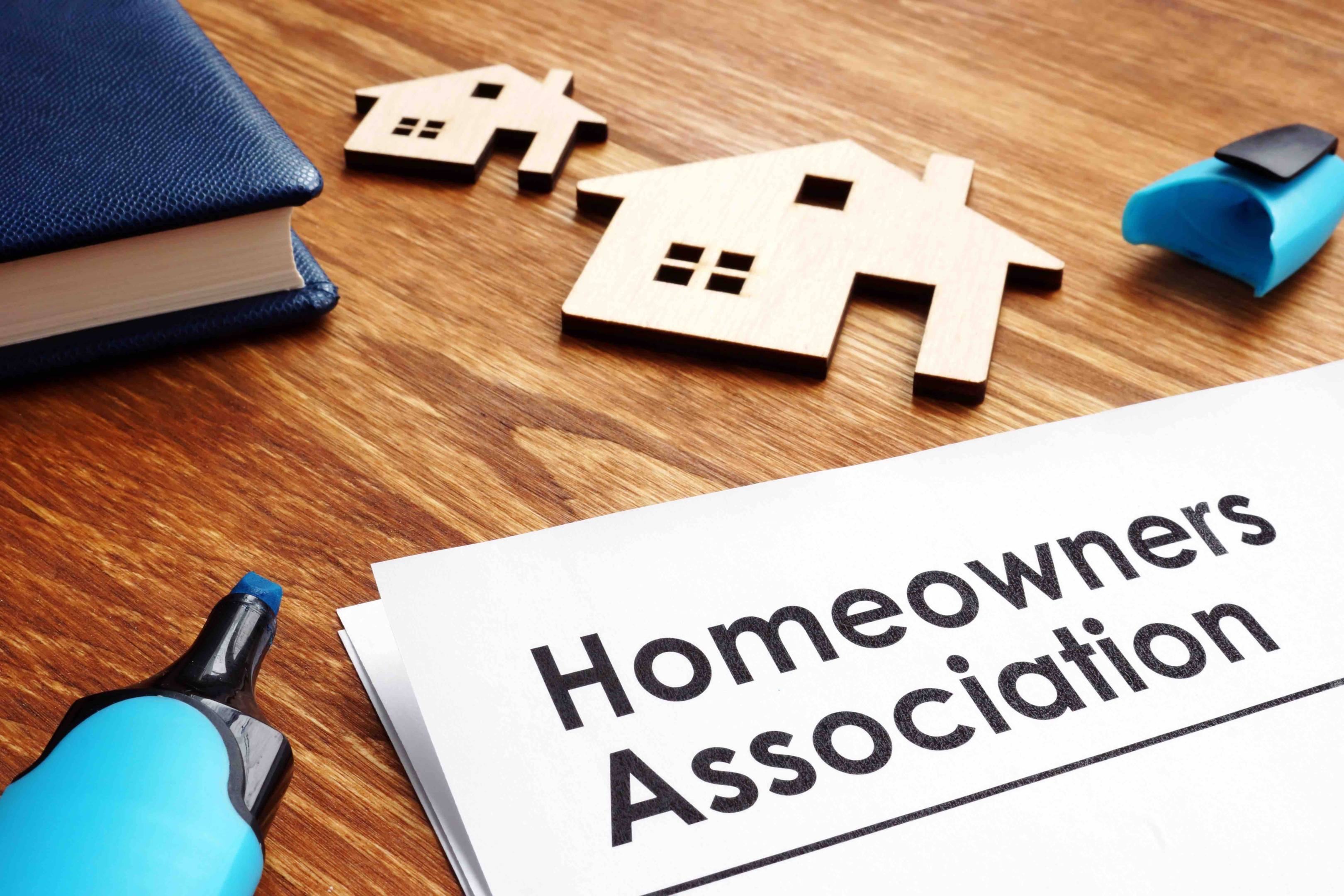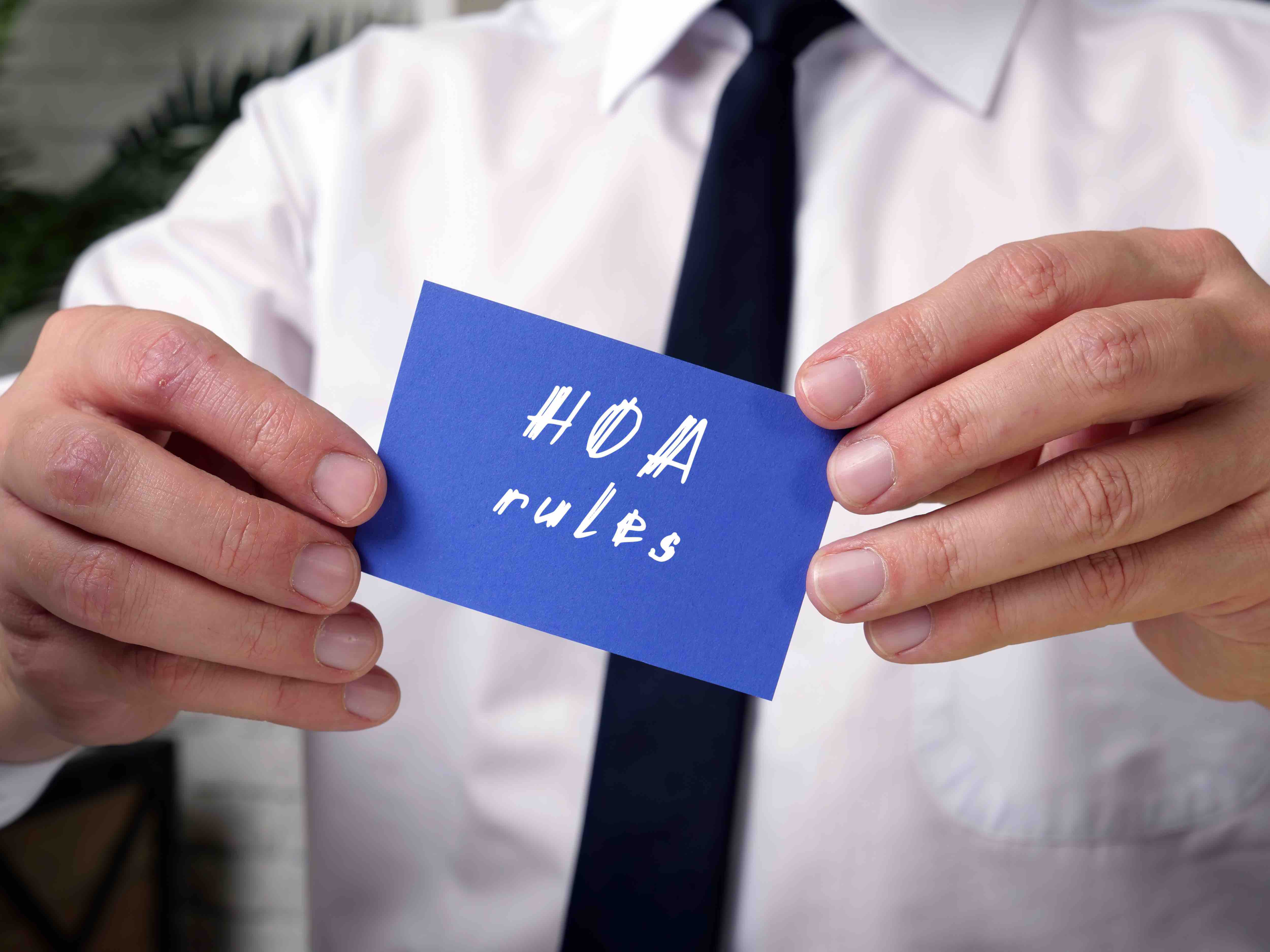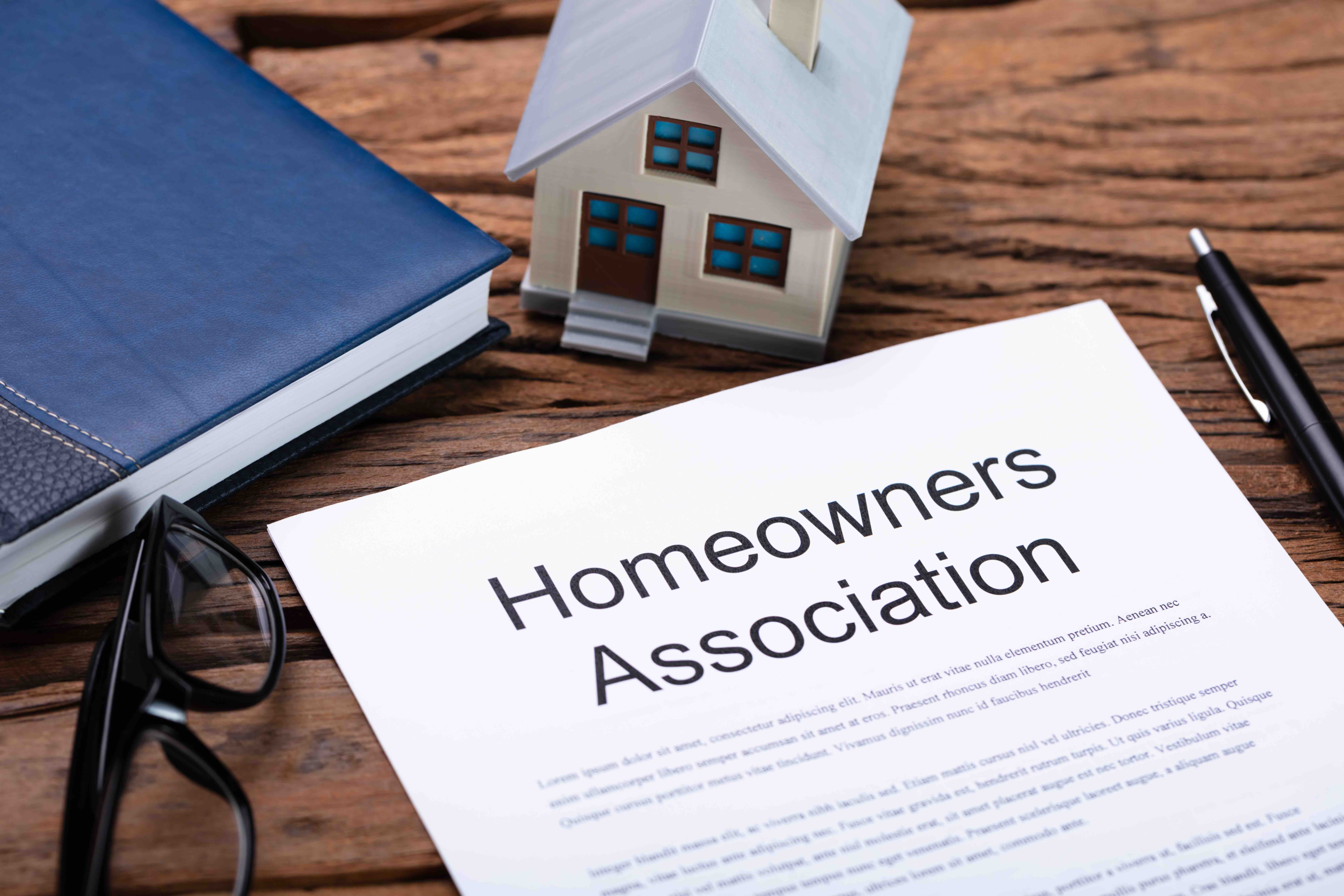
Are you a homeowner or board member in a Homeowners Association (HOA) who wants to better understand the intricacies of HOA bylaws, CC&Rs, and Rules & Regulations? Look no further! In this blog post, we will delve into the world of HOA governing documents, providing a fresh perspective on their importance and shedding light on the processes involved in their creation, amendment, and enforcement.
Key Takeaways
- Understanding HOA Bylaws & CC&Rs involves familiarizing oneself with key components such as elections, board members’ duties and procedures for meetings.
- Amendments to bylaws and CC&Rs require approval from the HOA Board, members and other stakeholders before being filed with the state.
- Professional assistance can provide expertise in financial management, legal support to ensure compliance with governing documents, and expert guidance on community matters.
Suggested Posts:
What are Keyless Entry Systems: A Complete Guide
Exploring Keyless Entry Systems for Businesses
Understanding Depreciation on a Rental Property
Understanding HOA Bylaws
HOA bylaws are legally binding regulations that dictate the daily operations of an HOA community, including board member responsibility and community organization. These governing documents are the backbone of an HOA, ensuring that the association runs smoothly and that its members adhere to the community’s rules and standards.
But how are these bylaws formed, and what are their key components? Let’s find out.
Formation of HOA Bylaws
Bylaws, also known as the association’s bylaws, are established by the developer and officially filed with the state’s Secretary of State, thereby forming the community association as a nonprofit mutual-benefit corporation. These documents include details such as:
- The number of board members that can be in service concurrently
- The frequency of board elections
- The requirements of meetings
- The obligations of each board member
These details are essential for the board to enforce covenants.
Amending bylaws is possible, although the procedure can differ from state to state and generally requires a vote of the members of the HOA.
Key Components of HOA Bylaws
A well-structured set of bylaws should include essential information such as guidelines for elections, term limits for board members, and procedures for meetings and decision-making. The duties section of the bylaws encompasses the daily responsibilities of the HOA, including maintenance and record-keeping policies, the procedure for informing other association members of lot inspections, assessments, or violations, the rules for removing and resigning board members, the voting structure among board members, and a statement of the board’s non-profit volunteership of their positions.
A thorough understanding of these components is crucial for the effective operation of an HOA.
Exploring CC&Rs in HOAs
Covenants, Conditions, and Restrictions (CC&Rs) are another essential aspect of governing documents within an HOA community. These legally binding regulations, also known as hoa covenants, delineate property rights, homeowner obligations, and architectural guidelines within a community.
In this section, we will explore the purpose of CC&Rs and delve into the process of filing and updating them.
Purpose of CC&Rs
The primary purpose of CC&Rs in HOAs is to uphold property values, safeguard the rights and interests of homeowners, and foster harmony by establishing a structure for community rules and regulations. By clearly delineating the rights and responsibilities of homeowners and the HOA, CC&Rs aid in preserving property values and community aesthetics.
CC&Rs are legally binding documents that are enforced by the HOA. They outline the rules.
Filing and Updating CC&Rs
CC&Rs are legal documents that are filed with the state and govern the use of the property within an HOA. It is necessary to file and update them to ensure that the community adheres to state laws and regulations. The procedure for filing and amending CC&Rs involves re-submission to the state, and alterations should be conducted judiciously and with the assistance of a qualified lawyer.
The Architectural Review Committee plays a crucial role in overseeing all architectural changes and making determinations on requests based on the association’s CC&Rs.
Navigating HOA Rules & Regulations

In addition to bylaws and CC&Rs, HOAs also have Rules & Regulations that serve as supplemental directives that can be amended more expeditiously than bylaws or CC&Rs and serve to elucidate or implement existing rules. These additional guidelines help address specific issues not covered in bylaws or CC&Rs and can be tailored to each community’s unique needs.
Rules & Regulations can be used to address issues such as noise levels, pet restrictions, and parking.
Purpose of Rules & Regulations
Rules & Regulations are designed to:
- Manage common or shared property
- Protect owners’ property values
- Provide services to residents
- Foster a sense of community through social activities and amenities.
These rules help ensure that the community is well-maintained and that residents abide by certain standards, as outlined in the neighborhood association bylaws.
Changing Rules & Regulations
Rules & Regulations may be amended via a vote from the HOA board, which is subject to review by the members of the community. This flexibility allows the community to adapt more easily to changing circumstances and address specific concerns that may not be covered in the bylaws or CC&Rs.
The HOA board is responsible for ensuring that the rules and regulations are up to date and in place.
Enforcement of HOA Governing Documents
The enforcement of bylaws, CC&Rs, and Rules & Regulations falls to the HOA board and property management companies, which enforce HOA bylaws. In this section, we will discuss the role of the HOA board and property management companies in enforcing HOA governing documents.
The HOA board is responsible for ensuring that all members of the association comply with the governing documents.
Role of the HOA Board
The responsibilities of the HOA board include:
- Enforcing the governing documents, including the rules and regulations
- Making decisions on behalf of the community
- Upholding the association’s governing documents
The board may also delegate tasks to committees or property management companies in order to ensure that the governing documents are adhered to.
Property Management Companies
Property management companies serve as agents for HOAs, providing the following services:
- Furnishing counsel and advice on executing community regulations
- Augmenting property values
- Offering advice and direction in complying with state and local regulations
- Providing sound counsel to guarantee the board is making decisions that best preserve and improve the community.
Property management companies can provide a wide range of services, from financial management to maintenance and repair.
Amending HOA Governing Documents

Both bylaws and CC&Rs can be amended, but the process varies and may require a majority vote from members and adherence to state laws.
In this section, we will discuss the process of amending bylaws and CC&Rs to ensure compliance with governing documents and effective community management.
Amending Bylaws
Bylaws can be changed with a majority vote (usually 2/3 to 3/4) and require community support and consideration.
Some possible modifications to bylaws include decreasing or increasing the term lengths of board members or altering membership criteria.
Amending CC&Rs
Changes to CC&Rs require re-filing with the state and may involve a more complex process than amending bylaws. The procedure for filing and amending CC&Rs necessitates obtaining approval from the HOA board, members, and other stakeholders.
Followed by filing the amended document with the state.
Handling Violations of HOA Governing Documents
Violations of bylaws, CC&Rs, and Rules & Regulations can result in consequences such as fines, legal action, or board member removal.
In this section, we will discuss the consequences of violating governing documents and how to address board noncompliance.
Consequences of Violations
Penalties for violating governing documents can range from:
- warnings
- fines
- lawsuits
- liens on properties
The precise implications may depend on the rules and regulations outlined in the documents.
Homeowners ought to be cognizant of the potential repercussions of breaching homeowners association governing documents and take measures to ensure adherence.
Addressing Board Noncompliance
Homeowners can take action against non-compliant board members by voting for their removal or pursuing legal action against the HOA. The board should take appropriate action to rectify any violations of the governing documents, which may include issuing warnings, imposing fines, or pursuing legal action.
These actions should be taken in accordance with the HOA’s rules, as stated in the governing documents and applicable state and local laws.
Accessing HOA Governing Documents
Homeowners can access bylaws, CC&Rs, and other governing documents through formal requests, online platforms, or property management companies.
In this section, we will discuss the various methods of accessing HOA’s governing documents.
Requesting Documents
Members can request copies of governing documents from their HOA or state agencies by submitting a written request to the HOA board or management company. The request should include the following information:
- Homeowner’s name
- Address
- Contact information
- Detailed description of the documents being requested
Once the request is received, the HOA board or management company will provide the requested documents.
Online Access
Many HOAs provide access to governing documents through their websites or community apps. If the documents are not accessible online, homeowners may contact the HOA board or manager to request access to the records.
The board or manager should be able to provide the documents in a timely manner. They may also also have a chance.
Professional Assistance for HOAs
HOAs can benefit from expert guidance and legal support to ensure compliance with governing documents and effective community management. In this section, we will discuss the advantages of professional assistance for HOAs, including expert guidance from management companies and legal support from attorneys.
Management companies, such as a HOA management company, can provide HOAs with the expertise and resources needed to effectively manage their communities.
Expert Guidance
HOA management companies can provide valuable advice and assistance in implementing and enforcing community rules. Their services include:
- Financial management
- Property management
- Legal advice
- Guidance on complex aspects of community management
They can help ensure that the rules are followed and that the community is running smoothly. They can.
Legal Support
Consulting with attorneys can help HOAs in the following ways:
- Navigate complex legal issues
- Ensure compliance with state laws and governing documents
- Aid the HOA board in comprehending their rights and obligations
- Furnish advice on how to best manage any legal matters that may arise.
Having an attorney on board can be a great asset to HOAs, as they can provide legal services.
Summary
In conclusion, understanding and navigating the world of HOA bylaws, CC&Rs, and Rules & Regulations is crucial for both board members and homeowners. With a solid grasp of these governing documents and the assistance of professionals, HOAs can ensure compliance, effectively manage their communities, and maintain property values. Remember, knowledge is power, and being well-informed about your HOA’s governing documents will contribute to a harmonious and thriving community.
Frequently Asked Questions
How do I find local HOA rules?
To find local HOA rules, check with local HOA Management Companies. Many will have a list of associations they manage and may even have governing documents available for public access.
Who governs HOAs in Georgia?
The Georgia Property Owners Association Act governs Homeowner Associations (HOAs) in the state of Georgia. Act oversees their creation, management, authority, and operation.
Are rules and regulations the same as bylaws?
Rules and regulations are a set of enforceable rules which govern everyday activities in the community, while bylaws are more general guidelines which outline the structure of the community.
Rules and regulations often need revising over time to reflect the changing community environment, whereas bylaws tend to remain unchanged.
Is there a statute of limitations on HOA violations in Florida?
Based on Section 95.031, Fla. Stat., there is a five year statute of limitations for enforcing HOA violations in Florida.
Why do HOAs have so much power?
HOAs have a significant amount of power due to their ability to create binding contracts between the HOA and its members, carry out legally enforceable rules and regulations, and act as a non-profit governing body. All of these factors give HOAs considerable legal power.
Upgrade Your Building Security
Get in touch with a Swiftlane specialist for more information on the best access control and video intercom solution for your building.




